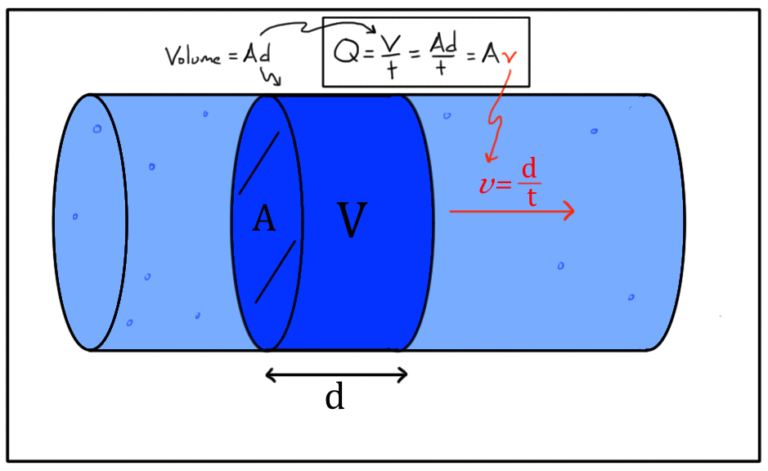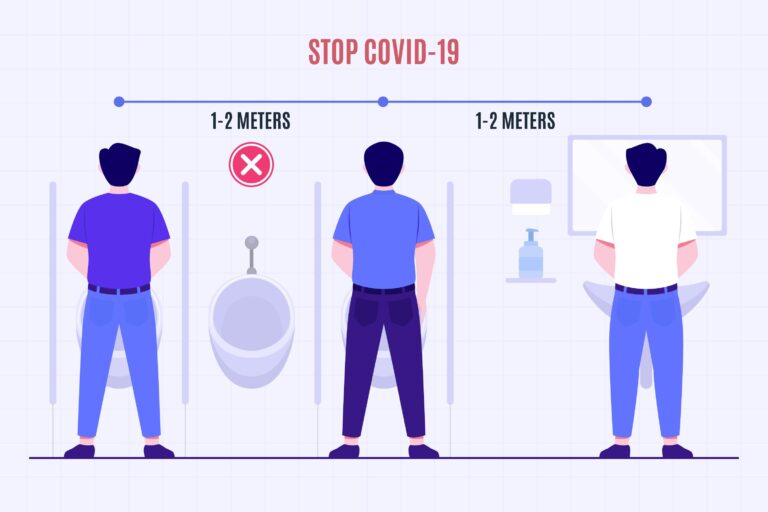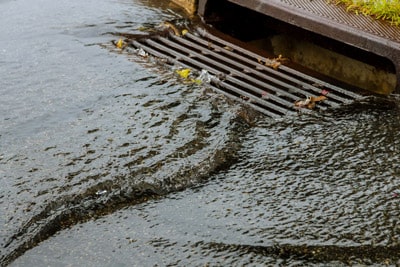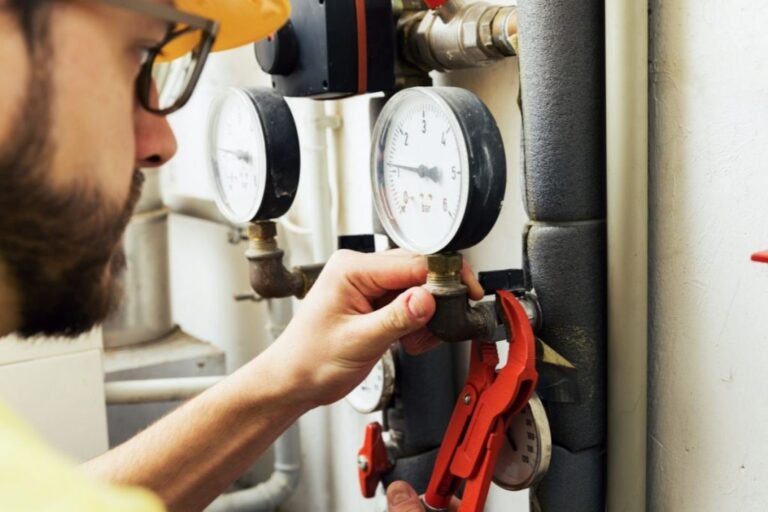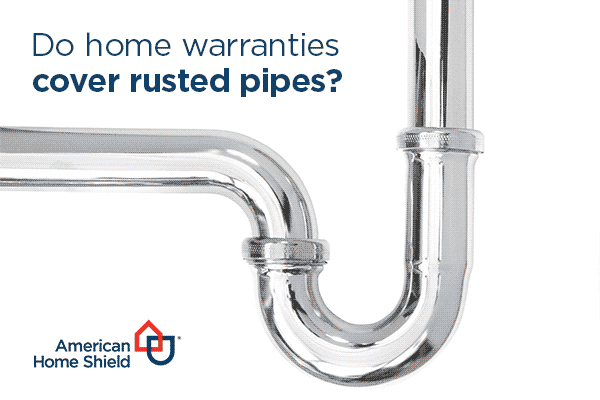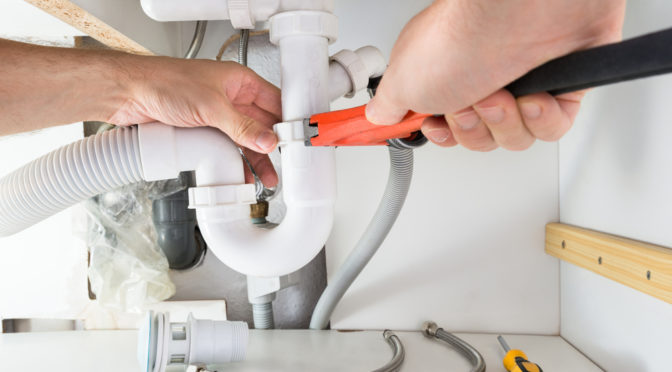At What Hardness Is A Water Softener Needed?
A water softener is a device used to reduce the hardness of water. Hard water is high in calcium and magnesium ions, and these ions can cause a number of problems, such as leaving limescale deposits on plumbing fixtures and making it difficult to lather soap. Water softeners use an ion-exchange process to remove the calcium and magnesium ions from the water, making it softer and easier to use. The hardness of water is measured in grains per gallon (gpg), and the amount of hardness at which a water softener is needed can vary depending on the area and the user’s needs. Generally, water softeners are recommended for water with more than 7 gpg of hardness.
What is Hard Water?
Hard water is water that contains a high concentration of minerals, most commonly calcium and magnesium. These minerals are responsible for the hardness of the water, and can result in a variety of issues for homeowners. Hard water can cause buildup in pipes and appliances, resulting in decreased efficiency and potential damage. It can also affect the taste and smell of water and lead to scaling on surfaces. Fortunately, installing a water softener can help reduce these issues. Water softeners use a process known as ion exchange to reduce the concentration of minerals in water, providing homeowners with softer, better-tasting water.
What are the Effects of Hard Water?
Hard water is a common issue for many homeowners, but few understand what it is and what effects it can have. Hard water contains high levels of certain minerals, such as calcium and magnesium. These minerals can cause issues with plumbing systems, as well as be detrimental to appliances, clothing, and other items. Hard water can leave behind deposits in pipes and fixtures, leading to clogs and decreased water pressure. Additionally, hard water can cause soap scum on bathroom tiles and fixtures, and it can make clothes and dishes dull, dingy, and less effective when cleaned. It can also cause irritation to the skin and hair.
To avoid the effects of hard water, a water softener may be necessary. Water softeners work by exchanging minerals and ions with sodium, which allows for a smoother flow of water and prevents deposits from forming. Additionally, water softeners help to reduce the amount of soap needed to get items clean, and help to keep clothing and dishes looking brighter and cleaner.
The hardness of a home’s water will determine the type of water softener needed. For most households, a water softener with a hardness rating of 12 grains per gallon or less will be sufficient. If the hardness exceeds 12 grains per gallon, a more powerful water softener may be needed. Knowing the hardness of your water is essential to choosing the right water softener and ensuring that your home’s water is safe and clean.
How Does a Water Softener Work?
Water softeners are a great way to reduce the hardness of your water and improve its quality. But how exactly do these devices work? Water softeners use a process known as ion exchange to reduce the mineral content of your water. This process involves replacing the calcium and magnesium ions in the water with sodium ions. The sodium ions replace the calcium and magnesium ions in the water, resulting in a softer, more pleasant water that is free from the scale buildup caused by the hardness. The water softener is equipped with a resin bed that is filled with small beads of sodium. As the water passes through the resin bed, the calcium and magnesium ions in the water are exchanged with the sodium ions in the resin bed. This process is repeated until the desired hardness level is achieved. After the desired hardness level is achieved, the water softener will require regeneration to replenish the sodium ions in the resin bed. During regeneration, a brine solution is added to the water softener, which is used to rinse the resin bed and replace the sodium ions that were depleted during the ion exchange process. After regeneration, the water softener is ready to provide soft water again.

Benefits of Soft Water
Soft water has a variety of benefits beyond the obvious lack of water spots on dishes or glassware. Soft water has been linked to improved cardiovascular health, smoother skin, and even an improvement in hair health. Soft water is also better for the environment, as it eliminates the need for harsh chemicals and detergents. Soft water can also save you money on water heating costs, as it requires less energy to heat and is more efficient. Additionally, soft water can extend the life of your plumbing system, reducing the need for costly repairs. With all these benefits, it’s easy to see why many homeowners are choosing to invest in a water softener.
Determining the Appropriate Hardness Level for a Water Softener
Water softeners are an important addition to any home to reduce the amount of minerals found in the water. The minerals, such as calcium and magnesium, can cause hard water issues such as soap scum buildup, dry skin, and damage to plumbing. It is important to determine the level of hardness in your water in order to decide if you need a water softener.
To determine the hardness of your water, you will need to obtain a water test kit. The most common test measures the amount of calcium and magnesium in the water, referred to as grains per gallon (GPG). The EPA recommends that a water softener is necessary if the water hardness is greater than three GPG.
In addition to the calcium and magnesium levels, other factors should be taken into consideration when deciding if a water softener is needed. These include the amount of iron, manganese, and chloride in the water, as well as the presence of sediment, bacteria, and other contaminants.
Water softeners can provide many benefits, from reducing scale buildup and improving the taste of water to increasing the efficiency of appliances and reducing energy costs. To ensure that you are making the right decision for your home, it is important to consult a certified water treatment specialist to determine the appropriate hardness level for a water softener.
Cost and Maintenance Considerations for Installing a Water Softener
Having hard water in your home can be a nuisance, but it can also cause damage to your plumbing system and appliances. Installing a water softener can help reduce the effects of hard water, but it comes with a cost and requires regular maintenance. Before deciding whether a water softener is the right choice for your home, it’s important to understand what hardness is, the cost of a water softener, and the maintenance required to keep it running.
Hardness refers to the amount of minerals such as calcium and magnesium that are found in the water. The higher the levels of these minerals, the harder the water is. Hard water can cause problems such as reduced soap suds, buildup of scale on fixtures and appliances, and increased energy costs for heating water.
The cost of a water softener depends on the size of the unit and the type of softening system used. Generally, a water softener can range from $400 to $3,000, depending on the type and size. Installation costs can also range from $100 to $500, depending on the complexity of the job.
In addition to the initial cost, a water softener requires regular maintenance, such as replacing the softening media, replacing the brine tank, and replacing the filter. It’s also important to regularly check the water hardness and adjust the softener settings as needed.
By understanding the cost and maintenance considerations of installing a water softener, you can make an informed decision about whether it’s the right choice for your home.
FAQs About the At What Hardness Is A Water Softener Needed?
Q1: What is the typical hardness level where a water softener is needed?
A1: Generally speaking, a water softener is needed when water hardness levels exceed 7 grains per gallon (GPG).
Q2: What are the consequences of having hard water?
A2: Hard water can cause unsightly scale buildup in appliances, plumbing fixtures, and pipes, as well as cause soaps and detergents to not lather or clean effectively.
Q3: What are the benefits of having a water softener?
A3: A water softener can help reduce scale buildup and extend the life of your plumbing fixtures, pipes, and appliances. Additionally, it can improve the cleaning power of your soaps and detergents.
Conclusion
A water softener is needed when the hardness of the water exceeds the recommended level of 3.5-7.0 grains per gallon. It is important to consider the hardness of your water before investing in a water softener, as softening water can help protect your plumbing and appliances from damage caused by hard water.


